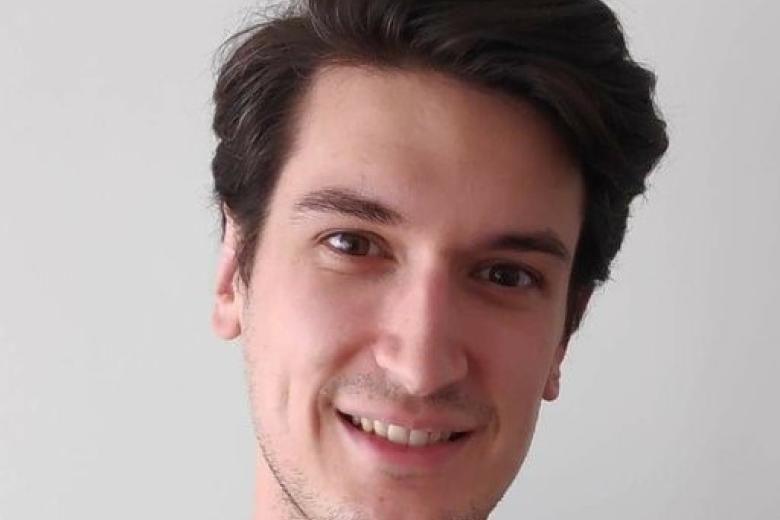Shivers down your spine
People with Parkinson's disease or other movement disorders do not only suffer because of the physical symptoms of their disorder, but also from mental symptoms such as depression, apathy, hallucinations and anxiety. This has been borne out in research in recent decades. In addition, these symptoms have also been shown to affect the severity of physical symptoms. Prof. Dr. Leentjens at Maastricht University has been researching the relationship between psychiatric and neurological symptoms for years in order to pay more attention to mental symptoms in treatment. On Oct. 21, 2022, he gave his inaugural lecture.
Parkinson's disease and Huntington's disease, we all know them as movement disorders with uncontrolled movements such as trembling and shaking as the most prominent symptoms. Therefore, the treatment of these diseases is mainly focused on these motor symptoms.
In fact, Parkinson's disease was initially seen as a neurological disorder. In the 1990s, however, it became known that psychiatric symptoms are also common in these patients. One of these complaints is depression. In 2003, for his own doctorate, Prof. Dr. Leentjens conducted research into the validity of depression scales in parkinsonian patients, among other things. It turned out that the cut-off points in these scales were not valid because of the overlapping symptoms in depression and Parkinson's disease.
As a result of this research and others, the Movement Disorder Society began a program to validate numerous measurement scales for use in Parkinson's disease, including psychiatric scales for not only depression, but also apathy, anxiety and hallucinations.
Slowly, a paradigm shift occurred in which movement disorders were no longer seen as neurological, but neuropsychiatric disorders. Such disorders require a multidimensional and multidisciplinary approach, according to Leentjens.
Machine learning
In addition to research on Parkinson's disease, Leentjens has since then extended his research to Huntington's disease and Tourette's syndrome. To better understand the complicated relationship between psychiatric and neurological symptoms, he proposes ecological momentary assessments. This involves taking measurements through an app.
Each day the patient fills out a questionnaire several times on both motor and psychiatric symptoms, revealing fluctuations in symptoms and interrelationships between them. A report of this is sent to the treating physician, allowing him to better tailor treatment to the patient's individual situation.
The use of "machine learning" techniques can also shed more light on complex relationships between symptoms. Research into the possibility of predicting disease course with this technique is already underway in Huntington's disease, and application will be extended to Parkinson's and Alzheimer's disease.
Deep Brain Stimulation
In addition to this research, Prof. Dr. Leentjens also works clinically as a psychiatrist within the care line of deep brain stimulation (DBS). DBS is applied within psychiatry at the Maastricht University Hospital (MUMC+) in compulsive disorders and on an experimental basis also in tourette patients. For the latter indication, the MUMC is the only institution in the Netherlands.
Also read
-
PhD research shows impact of aggression on staff and patients in forensic care
Nienke Verstegen, researcher at De Forensische Zorgspecialisten, has conducted research on aggression within forensic care and its impact on patients and staff. On July 6, 2023, she will receive her PhD from Maastricht University with her dissertation 'Hurt people hurt people. Characteristics and...

-
Procrastination is the thief of time
In his PhD research, Kristof Vandael investigated how this generalization of pain-related avoidance can be inhibited in the lab to help optimize therapy for chronic pain or even prevent the development of chronic pain.

-
Gone with the wind
Astrid Meesters received her doctorate on Sept. 28 with her PhD research on flexibility and mindfulness as resilience factors for pain and recovery.
